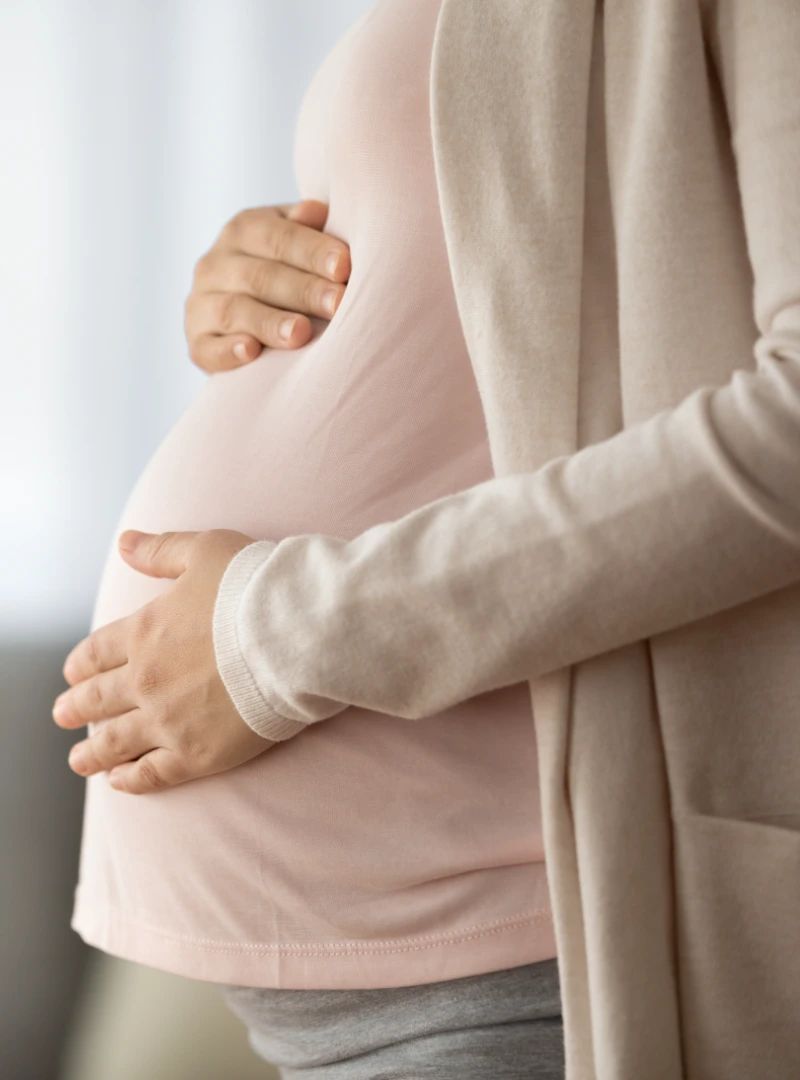
There are many reasons why IVF treatment is recommended in Singapore. Some of these include:
Pre-IVF investigations
Fertility workup includes checking for communicable diseases (HIV/syphilis/hepatitis), ultrasound scan (for uterus and ovaries), testing for ovarian reserve and semen analysis.
Ovarian stimulation
This involves hormone injections (self administered at home) to stimulate the development of more than 1 egg at the same time. Further injections are required to prevent premature ovulation, and to help with maturation of the eggs.
IVF monitoring
This involves regular ultrasound scans to monitor follicle growth and blood tests to measure your hormone levels – this allows your gynaecologist to adjust your injection doses according to your response.
Egg collection (oocyte retrieval)
This is usually done as a day surgery under general anaesthesia. A fine needle is inserted through your vagina under ultrasound guidance to tap on your follicles for egg collection. This takes 15-30 minutes. These eggs will be checked for quality and maturity, placed in culture medium and incubated.
Sperm collection
Your partner will provide a semen sample to the lab on the day of your egg collection – this will be processed and good quality sperm will be picked. If there is frozen sperm, that can be used as well.
Fertilisation
This can be done by conventional (incubate healthy sperm and egg overnight) or intracystoplasmic sperm injection (ICSI), where 1 healthy sperm is injected into each good quality egg. A combination of both can also be done. ICSI is usually done if there is a limited number of eggs and/or sperm, or if previous IVF cycles have not been successful.
Additional procedures (if needed)
This may include:
Progesterone support
Your gynaecologist will prescribe medications to prepare the lining of your uterus for embryo implantation after egg collection/embryo retrieval.
Pregnancy test
This is typically via blood test to measure your blood pregnancy hormone (hcg) levels, performed in approximately 2 weeks.
The success of IVF depends on several factors including:
The success rates for IVF vary across countries and centres. A rough estimate of live birth rates from IVF from the USA:
| Age of woman (years) | Live birth rate |
| <35 | 47 |
| 35-37 | 34 |
| 38-40 | 21 |
| 41-42 | 10 |
| <42 | 3 |
It is not uncommon for couples to undergo a few IVF cycles before getting pregnant. Depending on the reason why IVF was not successful, your gynaecologist may recommend alternative ways to increase your success rates e.g. donor eggs or sperm.
The cost can be quite high and depends on:
You will need to discuss with your gynaecologist as each case is different.
Miscarriage rates are the same for natural pregnancies versus IVF pregnancies. Although birth defects are slightly higher in infertile patients, this is thought to be related to infertility rather than IVF itself.





Aster Gynaecology © | All Rights Reserved.